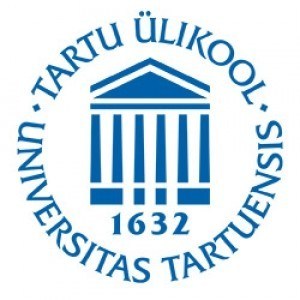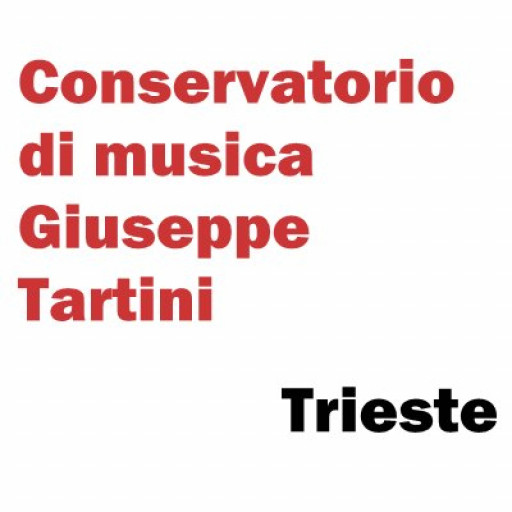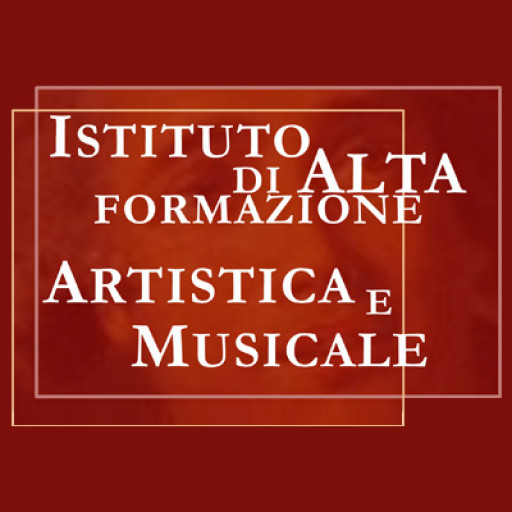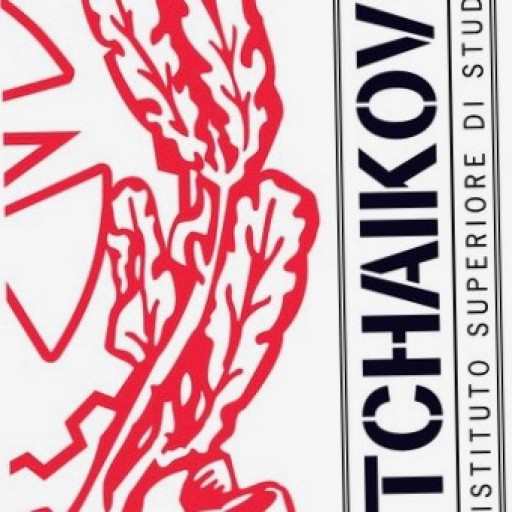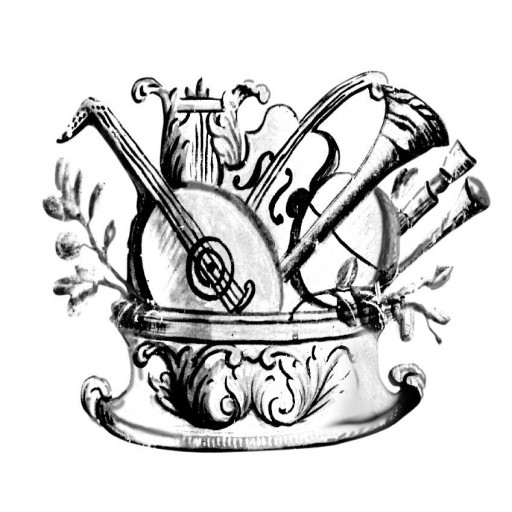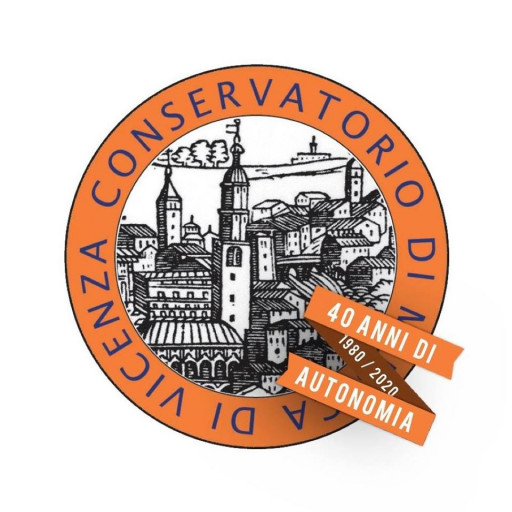Photos of university / #tallinnatehnikakorgkool
Music Pedagogy is a comprehensive degree program designed to cultivate skilled educators and performers who are passionate about fostering musical development in students of all ages. The program combines rigorous training in music theory, performance, and educational methodologies to prepare graduates for diverse careers in music education, from classroom teaching to private instruction and community outreach. Students will engage in a variety of practical courses, including instrumental and vocal training, choral conducting, curriculum development, and assessment techniques, ensuring they acquire a well-rounded skill set tailored to modern pedagogical demands. Emphasizing both personal musicianship and pedagogical expertise, the program encourages students to develop innovative teaching strategies that inspire and motivate learners. The curriculum integrates contemporary educational technologies, cross-disciplinary approaches, and cultural studies to broaden students' perspectives and adaptability in various educational contexts. Collaboration and ensemble work are integral components, fostering teamwork, communication skills, and a deep understanding of ensemble dynamics. With access to state-of-the-art facilities and mentorship from experienced faculty members, students are supported in their artistic and pedagogical growth. The program aims to produce graduates who are not only outstanding musicians but also capable educators committed to lifelong learning and the enrichment of their communities through music. Upon completion, graduates are well-equipped to pursue careers in schools, universities, conservatories, or independent teaching, contributing to the cultural and educational development of society through their expertise in music pedagogy.
The Music Pedagogy degree program at the University of Applied Sciences is designed to prepare students for a professional career in teaching and promoting music across various settings. Throughout the program, students acquire comprehensive knowledge of music theory, history, and diverse musical genres, enabling them to develop a deep understanding of both classical and contemporary music. The curriculum emphasizes practical teaching skills, allowing students to gain hands-on experience in instructing learners of different ages and skill levels through workshops, internships, and classroom settings.
Students learn innovative pedagogical approaches tailored to individual learning needs, fostering creativity and adaptability in their teaching methods. The program also covers the psychological and social aspects of music education, equipping future educators with the tools to motivate and inspire their students. Technical proficiency is cultivated through instrumental practice and vocal training, ensuring that graduates are versatile performers and communicators.
In addition to core music education, students explore interdisciplinary approaches that connect music with other art forms and digital media, preparing them for the evolving landscape of music education in the digital age. The program encourages participation in concerts, choir and band activities, and collaborative projects, reinforcing teamwork and leadership skills. Graduates of the Music Pedagogy program are well-positioned to work in schools, community centers, private teaching studios, and cultural organizations. They are also equipped with the skills to pursue further academic research or specialize in specific genres or teaching techniques. Ultimately, the program aims to develop professional, creative, and socially responsible music educators who can contribute meaningfully to the cultural and educational development of society.
Program requirements for the Bachelor’s degree in Music Pedagogy at the University of Applied Sciences include a combination of academic coursework, practical training, and examinations designed to ensure a comprehensive mastery of music education principles. Applicants are expected to possess a relevant preliminary qualification in music, such as a music school diploma or equivalent, demonstrating proficiency in instrumental and vocal skills, as well as a solid theoretical foundation in music theory and history. A successful entrance exam typically assesses these competencies through practical performance tests, written theory assessments, and an interview to evaluate motivation and pedagogical aptitude.
Throughout the program, students must complete a specified number of credit hours in core subjects, including Music Theory, Pedagogical Methods, Educational Psychology, and Curriculum Development, along with specialized courses in Instrumental and Vocal Teaching Techniques. The curriculum emphasizes the development of pedagogical skills necessary for effective teaching across various age groups and educational settings. Students are also required to participate in practical teaching internships at schools or music academies, providing real-world experience under supervision.
In addition to coursework and internships, students must pass periodic exams, including written assessments, oral examinations, and practical evaluations, to demonstrate their increasing competence and readiness for professional practice. They are also required to undertake a final thesis project, which involves research and a pedagogical demonstration, culminating in a public presentation and defense before a faculty panel. Language proficiency in the official language of instruction is mandatory, and applicants should provide relevant certification.
To graduate, students must accumulate a predetermined total of academic credits, successfully complete all practical components, pass final examinations, and submit their thesis project. The program is designed to ensure graduates are well-qualified to pursue careers in music education, including teaching positions in schools, music institutions, and private instruction.
The financing of the Music Pedagogy program at the University of Applied Sciences is primarily structured through a combination of government funding, student tuition fees, and additional financial support options. As a publicly funded institution, the university benefits from state contributions that help subsidize the costs associated with delivering high-quality education. These government grants are allocated annually and are subject to national education policies, which aim to promote accessibility and ensure that a diverse student body can pursue their studies without undue financial burden.
Tuition fees for domestic students are established according to university and national regulations, and they are designed to cover administrative costs, teaching staff salaries, and development of educational materials. The fees are periodically reviewed and vary depending on the specific program and student status (e.g., full-time or part-time). For international students, the tuition fees tend to be higher and are also set in accordance with government policies, reflecting the university's efforts to attract a diverse international student community while maintaining financial sustainability.
Students enrolled in the Music Pedagogy program have access to various forms of financial aid. Scholarships and grants are available through the university, organizational partners, and government programs aimed at supporting students in arts and education disciplines. These financial aid opportunities are awarded based on academic achievement, financial need, and/or specific criteria related to music and pedagogy excellence. Additionally, students may benefit from student loans, which are offered through national loan programs, enabling them to finance their studies with manageable repayment terms after graduation.
Part-time work opportunities are also an important element of the financing model. The university's location within an urban area provides students with access to part-time employment options in local cultural institutions, music venues, and educational settings. These earnings can help offset living expenses and reduce the overall financial burden of studying.
The university emphasizes transparency and assistance regarding financial planning and support options. Prospective and current students are encouraged to consult the university's financial aid office and official website for detailed information on available scholarships, application procedures, and eligibility criteria. The aim of the financing system is to make Music Pedagogy studies accessible to talented individuals from diverse backgrounds, supporting the development of skilled music educators who can contribute to the cultural and educational sectors in their communities.
The Music Pedagogy program at the University of Applied Sciences is designed to prepare students for a career in teaching and music education. This program offers a comprehensive curriculum that combines theoretical knowledge with practical teaching skills to ensure graduates are well-equipped to work in various educational settings, including schools, community music programs, and private instruction. Students gain a deep understanding of music theory, history, and performance techniques, alongside pedagogical methods tailored to different age groups and skill levels. The program emphasizes the development of effective communication and lesson planning skills, enabling future educators to inspire and engage students in music learning. Practical components include hands-on teaching practice, where students gain real-world experience under the supervision of experienced educators. The program may also include modules on music technology, special education needs, and cultural aspects of music education, reflecting the diverse demands of contemporary music pedagogy. Graduates of the program often pursue careers as music teachers in primary, secondary, and higher education, or as community music facilitators. The institution collaborates with local schools and cultural organizations to provide students with networking opportunities and practical experience, ensuring they are workplace-ready upon graduation. The program's aim is to foster not only technical proficiency but also creativity, critical thinking, and lifelong learning skills in aspiring music educators. The duration of the program typically spans several semesters, culminating in a diploma or degree recognized within the field. Commitment to fostering inclusive, innovative, and student-centered teaching practices is central to the program’s philosophy. Overall, the Music Pedagogy program at the University of Applied Sciences offers a balanced mix of academic study and practical training designed to prepare students effectively for a nurturing and dynamic career in music education.

